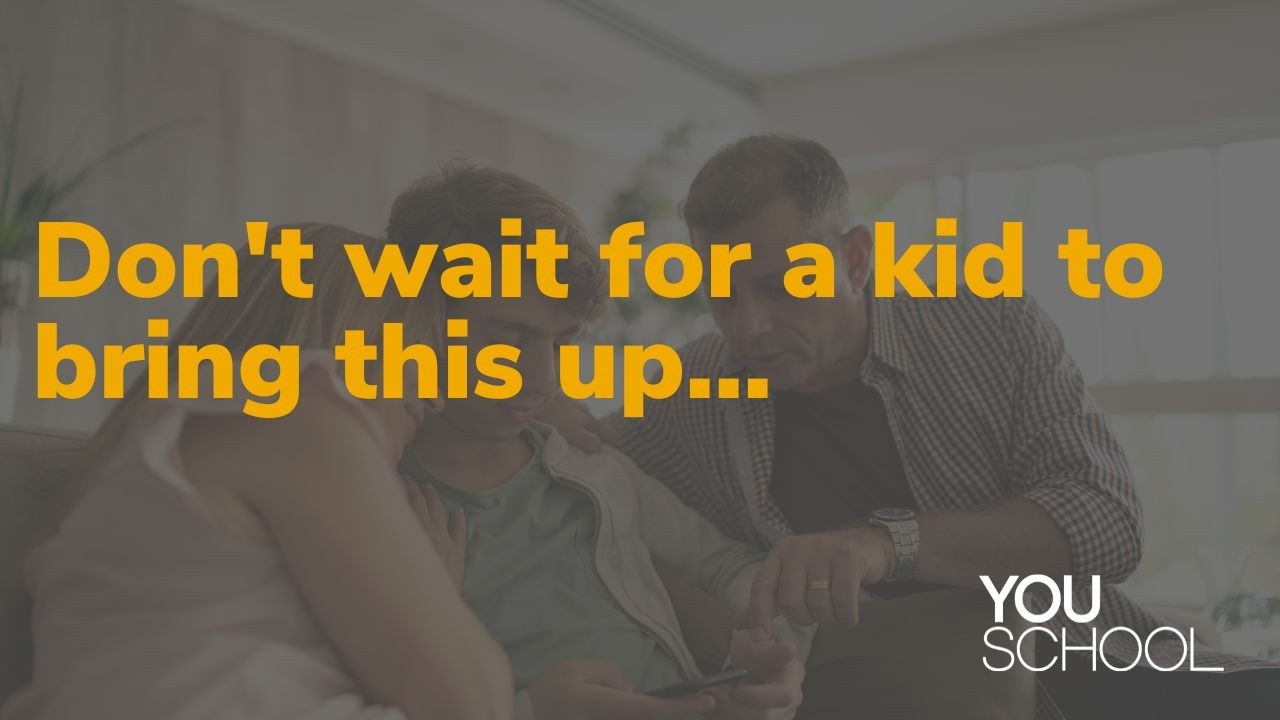Don't wait for your kids to talk about their future

Most adults learn the subtle art of not being annoying to a teenager. Some are better at it than others. Some can't help but nag, nag, nag.
Do you know what teenagers find most annoying? Anything that causes them stress.
Do you know what's most stressful for a teenager? Well, it's fitting in and avoiding rejection. But a close second is figuring out what to do with their future.
So, the last thing you want to do is be extra annoying. Why cause them to get irritable, defensive, or shut down, especially if you find them in a good mood?
Unfortunately, one of the biggest mistakes adults make when helping kids prepare for their future comes from good intentions. We wait until they bring up the topic or wait for a natural reminder like report cards or when an email comes through to signup for the ACT or SAT. Those are good moments to talk about the future, to be sure, but a kid actually needs a lot more consistency when it comes to preparing for the future.
What they need is for us to guide them to be consistently thoughtful in two key aspects:
- Themselves
- The world and its opportunities
Themselves—they need to grow in self-awareness about who they are and what they're good at, drawn to, and value most. They need a continuous loop of reflection exercises to become clearer and more confident about what makes them unique, what makes them tick, and what problem they want to help solve in their lives. Even more than professional and academic contexts, they must be guided to reflect on all parts of their lives and what type they want someday.
The world and its opportunities—every teenager has a very limited perspective on what paths are available to them. Even looking at a career in marketing will yield at least a dozen distinct paths to pursue and vastly different skill sets and personalities within them. That makes opportunities through school to hear from different perspectives, guest speakers, career days, job shadows, and alumni panels so important. Outside of school, parents can intentionally introduce their kids to friends and connections living out different lifestyles and careers and bring them to the house.
We don't wait for a kid to say, "Gee, would you please ask me a series of reflection questions so I can clarify my personal life mission?" Or, "Do you have any friends in the community who might be open to me asking them some questions through an informational interview?"
That would be absurd. Amazing, but absurd.
Rather, we take the initiative to make them uncomfortable to be best prepared.
P.S. What if there was a way to get the best resources to impact the kids in your life—delivered to you at the right time?
Check out our memberships for parents and educators.

